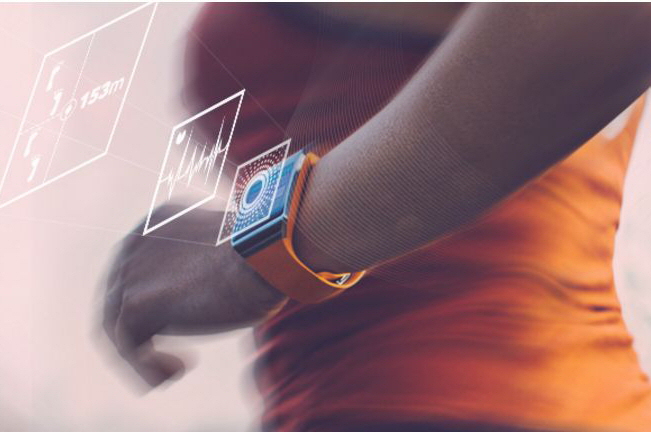
Updated on 12-29-2015 by Andy Boxall: Added in news the Bio-Processor has reached mass production, more on functionality, and possible device launch dates.
Samsung Electronics’ System LSI Business Department unveiled and demonstrated the Bio-Processor at the International System on Chip Design Conference in South Korea in November, then announced at the close of December the chip is already being produced in large numbers. We could be less than six months away from seeing the first products using the chip.

All the collected health information is impressive enough, but the presence of the ECG provides another cool feature possibility. Our heartbeat is almost as unique as our fingerprint, and wearing a bracelet or smartwatch with Samsung’s Bio-Processor inside may mean you won’t have to enter a password for smart locks on your house or car in the future.
To demonstrate its versatility, Samsung has produced reference design prototypes that use the Bio-Processor — such as a wrist band, a patch, and a board — and will sell the chip to other companies. Now in mass production, Samsung expects the first Bio-Processor-powered devices to be revealed during the first half of 2016.
Article previously published on 11-05-2015
Editors' Recommendations
- Samsung Galaxy Watch 7 Ultra: news, rumored price, release date, and more
- Samsung’s next folding phone could have a shocking price
- Your Samsung smartwatch will soon get a lifesaving health feature
- The best smartwatches and wearables of MWC 2023
- The best smartwatches and wearables of CES 2023


